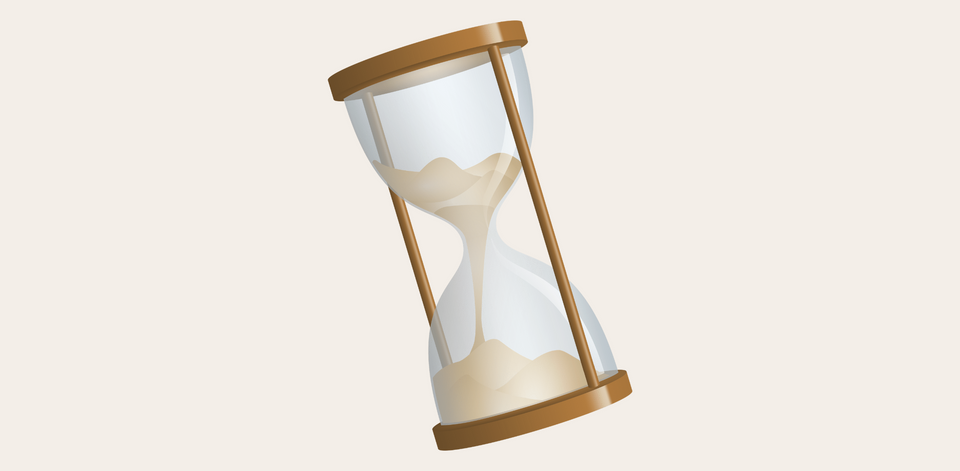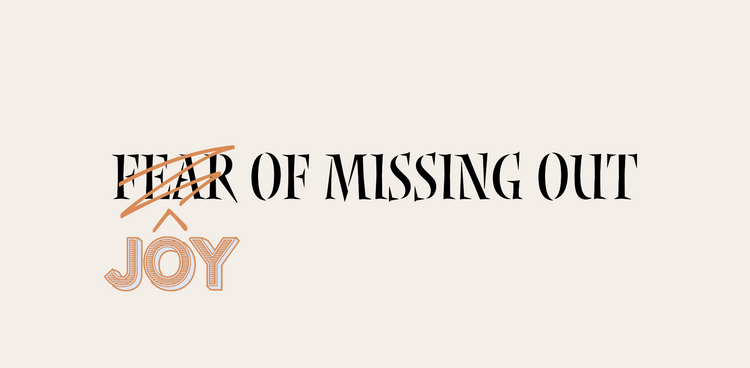What if you had to leave your city next week?

No seriously, what would you do?
Spend more time with friends? Really take in all of its beauty? Leave the house more to truly experience what life’s like whereever you are?
Studies consistenly link savouring - the ability to truly enjoy positive experiences - to a richer, more enjoyable life¹. And I feel like at this point, everybody knows that.
But it’s hard! Hedonic Adaptation makes sunsets seem ordinary. Ambition makes yesterday’s accomplishments irrelevant in the face of tomorrow’s challenges.
We’re not really wired for this savouring stuff, are we? Turns out we need to trick ourselves into appreciating what’s here (and actually being happy about it).
That’s where the opening question comes in. The experience of something being almost over is powerful - believe me: I graduate next week, and leave the Sunshine Coast next month.
As a result, every day spent at Uni with my friends feels like a blessing, and the beach days that felt so ordinary 3 months ago feel magical again.
In their quest to give everything a more complicated name, psychologists call this “Temporal Scarcity” - the awareness that the time with something (or someone) is limited.
The mechanism behind it also gave us “limited edition” everything: If something is scarce, it is perceived as more valuable.
And the effect is not only in your head: In a 2008 study², some students were instructed to write about how little time they have left at Uni - and some about how much. Two weeks later, the “how little”-group consistently reported higher well-being than their peers.
But: The reason wasn’t a shift in perception - it was a shift in behaviour. These students simply engaged more in college life - so their well-being came from social connection.
But here’s the thing: Time’s already scarce. Friendships change, jobs change, people move away - all sooner than we like to admit.
This thought isn’t new. 2000 years ago, the ancient Stoics already practiced “Memento Mori” - every day, acknowledging that it all could be over soon. And we can do the same.
Constantly reminding yourself that everything changes, our time here is ridiculously short and nothing is guaranteed - It seems morbid. But it’s also a way to trick our complacent brain into a little more appreciation - and as a result, engaging more with what really matters.
So at least every once in a while, acknowledge that everything you take for granted right now is sure to end one day. And maybe you’ll dive in a little bit deeper as result.
Links
1 Jose, PE, Lim, BT, & Bryant, FB 2012, ‘Does savoring increase happiness? A daily diary study’, The Journal of Positive Psychology, Vol. 7, No. 3, pp. 176–187, DOI:10.1080/17439760.2012.671345.
2 Kurtz, JL 2008, ‘Looking to the Future to Appreciate the Present: The Benefits of Perceived Temporal Scarcity’, Psychological Science, Vol. 19, No. 12, pp. 1238–1241, DOI:10.1111/j.1467-9280.2008.02231.x.




Comments ()